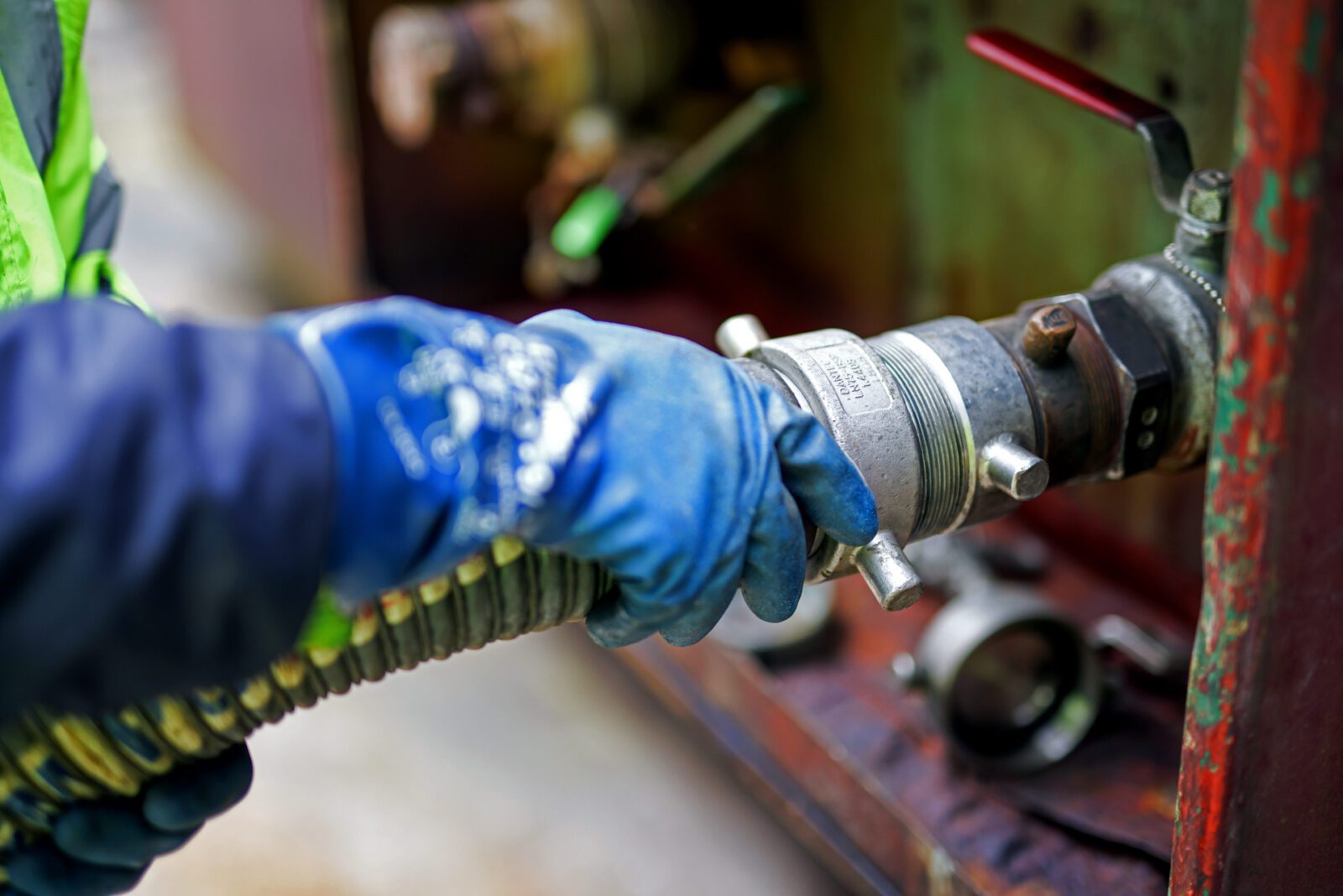
Red Diesel – Solving a £2 Billion Problem
ShareIn 2001, the UK had a massive fuel fraud issue. With illicit fuels representing approximately 15% of the total diesel volume sold at the time, fuel subsidy abuse was costing the HMRC £2 billion per year in lost VAT and duty revenues. In Northern Ireland, more than half of the diesel consumed that year was not taxed correctly.
In the years since, the red diesel marking scheme, tough penalties for criminals and increased enforcement brought down these losses to £150 million per year (2021). Although this is an improvement on 20 years ago, clearly fuel fraud is not an issue that is going away any time soon.
But how did the situation get so bad? And how did red diesel help?
Tax Subsidies – Adding Fuel to the Fire
First, it is important to understand the context around fuel taxation in the UK, which inadvertently offers an opportunity for fraud. Fuel duty is a tax which is levied on fuels in the UK including petrol, diesel and biodiesel, amongst others. The tax is applied to the price of each fuel at a fixed rate per litre which varies depending on fuel type and application, with lower duty rates for specific uses.
Subsidised fuels are not allowed to be used in consumer vehicles and so are significantly cheaper to buy. At the time of writing, the duty rate for diesel at the pump is 52.95p per litre, compared with the duty rate for subsidised diesel of 10.18p per litre. As you can see, the big difference between duty rates gives an incentive for fraudulent activity to occur within the UK fuels market. But what is ‘fuel fraud’ and how does it happen?
Modes of fraud
Fuel fraud typically happens in three ways:
- Subsidised fuels will commonly be used in road vehicles, despite it being illegal to do so.
- Subsidised fuels are mixed in with road fuel to ‘extend’ the road fuel.
- Subsidised fuels are ‘laundered’ to make them look like road fuels by removing the marker and dye mix.
These activities are often linked to organized crime, and those involved may use a range of tactics to avoid detection, such as using false documentation or hiding fuel in concealed containers. The border between Northern Ireland and Republic of Ireland is an area which sees a high proportion of these issues due to the high usage of rebated fuel, porous border, and presence of organised crime gangs with expertise in this area. Counterfeit fuel (which is not taxed properly or regulated) is often of lower quality than legitimate fuel and can even damage engines, as it may not meet fuel safety standards.
The UK’s National Fuel Marking System
The UK has been using fuel markers and dyes in some form since the early 1960’s to protect tax subsidies for fuels.
A fuel marker is an additive which is added into fuel before it is released into the market, containing both visible dyes and invisible chemical markers. They are a kind of chemical security tag, which allows someone with the right equipment to detect whether a subsidised fuel is being used inappropriately.
In the UK both kerosene and subsidised diesel are marked, with slightly different dye/ marker mixtures for each. The current mix for subsidised diesel contains 3 invisible markers and a red dye, hence the name ‘red diesel’. A similar system also exists in Europe, with a common marker being required for all subsidised fuels across all EU member states. This common marker (the Euromarker) is also used as one of the three markers in subsidised UK fuels.
The national marking system allows the HMRC to distinguish between the different tax bands to catch and prosecute anyone selling or using illicit fuel. They conduct a rigorous inspection regime with 50 mobile labs and 150 staff dedicated to taking and testing fuel samples, and sophisticated detection techniques used to measure how much dye/ marker is in each sample. If markers are found where they shouldn’t be, the HMRC can take legal action against the perpetrators, including issuing fines and other penalties.
As mentioned earlier, one mode of fraud is concerned with removing the dye/marker mixture from subsidised fuel to make it look like legitimate consumer fuel. As methods for achieving this became more sophisticated, the UK’s marking system also developed to make the removal of dyes and markers so expensive that it is no longer a profitable investment for the criminals.
Although the red dye and some markers can be taken out of the fuel, as shown in a few videos doing the rounds on social media recently (we’re looking at you VICE News), the invisible markers remain and are almost impossible to remove.
Recent Developments
Until 2022, many industries were allowed to use red diesel to promote growth, including farming, fishing, construction, refrigerated logistics and more.
A change in legislation in April 2022 removed this subsidy for many applications, to promote the use greener fuels and to collect more fuel duty from industry using fully taxed diesel fuel.
This change has caused a lot of debate across industry forums in the past couple of years since its announcement, not least amid the cost-of-living crisis and the war in Ukraine. Until a viable alternative is found (biofuels, electric vehicles, hydrogen fuel cells…), then these debates will continue. A list of approved uses for subsidised fuels can be found on the HMRC website here (link).
About John Hogg
John Hogg have been the leading supplier of the concentrated form of these marker/dye mixtures for over 30 years, with over 80% market share in 2023.
We provide ongoing technical support to both the UK fuels industry and the HMRC to improve the performance of the dye/marker mixtures, as well as being specialists in the manufacturing and delivery of these products anywhere in the UK.
We also excel in providing fuel marking solutions that meet the Operational requirements, technical specifications and regulatory requirements of countries around the world, including all EU member states.
If you have any questions on red diesel or fuel marking in general, please contact us by using the button below or by visiting our ‘contact us’ page.
Sources:
https://www.gov.uk/hmrc-internal-manuals/oils-technical-manual/hcoteg121520
https://www.gov.uk/government/statistics/measuring-tax-gaps-tables



